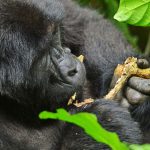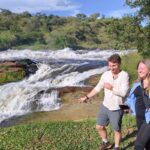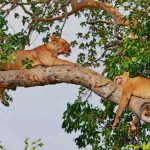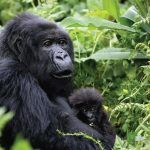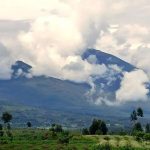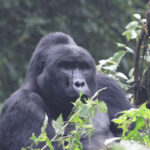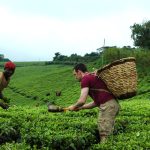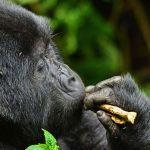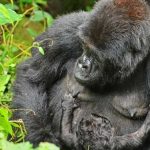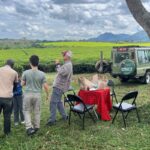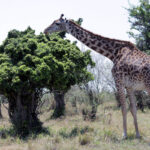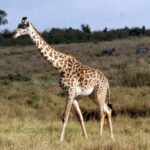Uganda is a country known for its diverse landscapes, rich wildlife, and vibrant culture. Among the many ethnic groups that call Uganda home, the Batwa people stand out as a unique and historically significant community.
The Batwa, often referred to as “keepers of the forest,” are an indigenous people who lived in the forests of western Uganda until the early 1990s when these areas became national parks. They have a rich culture and history that is closely intertwined with the forests.
Their existence is true representation of the harmonious relationship between humankind and nature.
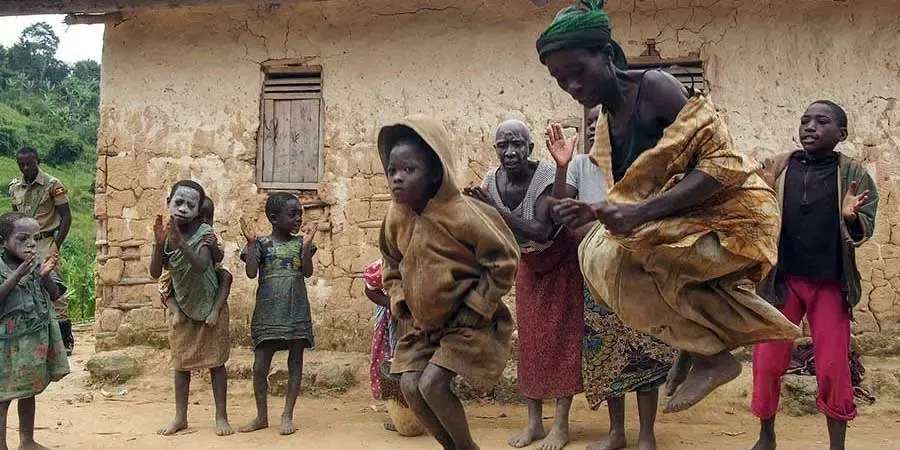
History of the Batwa
The Batwa people are among Uganda’s most ancient indigenous communities, with roots that can be traced back thousands of years. Some anthropologists estimate that pygmy tribes such as the Batwa have existed in the equatorial forests of Africa for more than 60,000 years.
In Uganda, they lived in western region, particularly in the Bwindi, Mgahinga, and Semuliki forests. They lived in harmony with the forest and its creatures – including the mountain gorillas. These forests served as both their sanctuary and livelihood.
The lives of the Batwa changed forever when these forests were gazetted as national parks. They were evicted from the park with inadequate and sometimes no compensation – leaving them as conservation refugees in an unfamiliar, unforested world.
The Batwa Culture
Batwa communities are typically small and closely-knit, with a strong sense of community. They live in extended family groups and rely on each other for support.
They place a strong emphasis on cooperation and communal decision-making although elders often hold significant influence in their communities.
The Batwa have historically relied on hunting, gathering, and foraging for their subsistence. They are skilled hunters, using traditional methods such as bows and arrows and traps. They hunted small game like duikers, birds, and gathered fruits, tubers, and other forest resources.
The Batwa have a rich oral tradition that includes storytelling, songs, and dance. These forms of communication are used to pass down their history, myths, and cultural knowledge from one generation to the next.
They often speak their own distinct languages or dialects, but they may also speak the languages of the dominant groups in the regions where they reside.
The Batwa Cultural Experience
The Batwa Experience was created by the displaced Batwa pygmies to educate their children and to share their amazing heritage and traditions with the outside world.
The Batwa cultural experience typically revolves around providing visitors with an opportunity to learn about and engage with the traditional lifestyle, culture, and history of the Batwa people of Bwindi Impenetrable national Park.
Visitors go on guided tours led by Batwa guides to Batwa villages. The Batwa guides share their knowledge of the forest ecosystem, medicinal plants, hunting techniques, and stories with the visitors.
Visitors get to witness and participate in traditional Batwa dances and music performances. These performances are an integral part of Batwa culture and provide insight into their rich oral traditions.
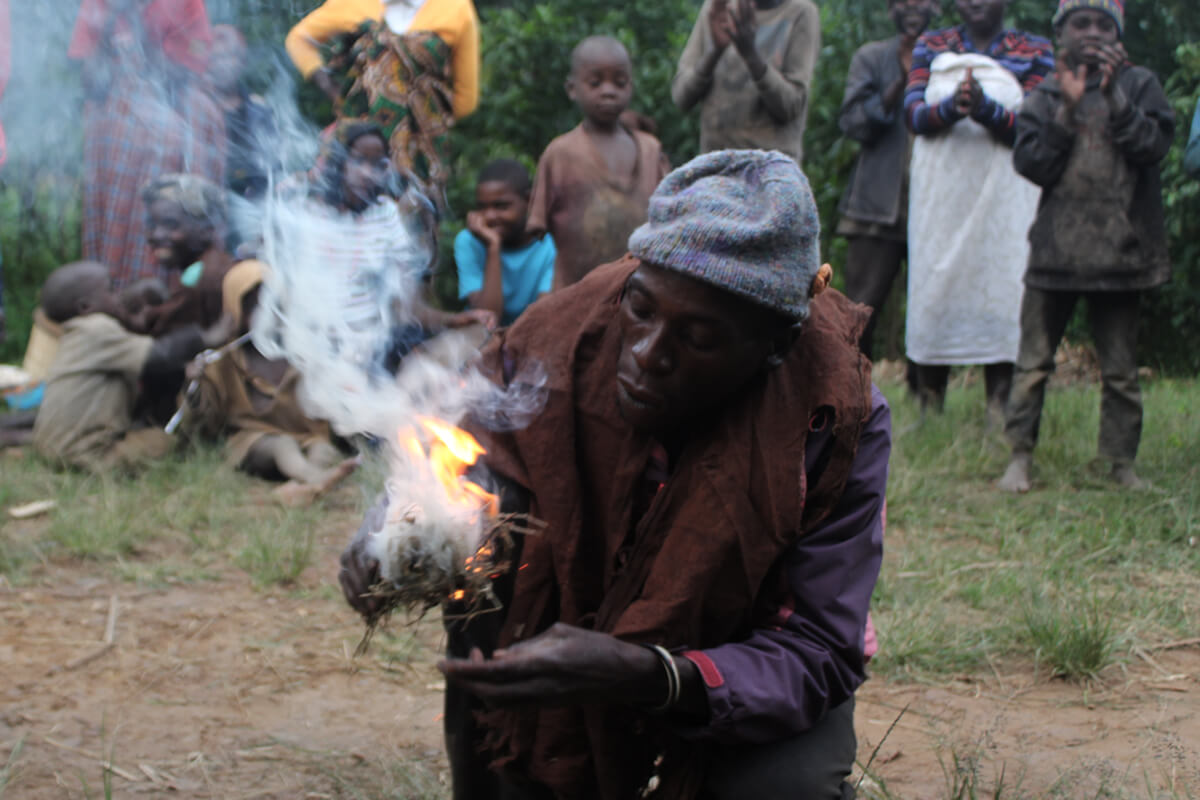
Batwa elders may also share stories and legends that have been passed down through generations. These stories often provide insight into the Batwa’s spiritual beliefs, history, and connection to the forest.
Visitors can also watch Batwa artisans at work including basket weaving, pottery, and bow and arrow making and sometimes even purchase their handcrafted goods as souvenirs. Hands-on workshops, such as traditional cooking or craft-making lessons, can be part of the cultural experience. Visitors can learn to prepare Batwa dishes or try their hand at crafting traditional items.
Visitors may have a chance to visit Batwa homes and interact with community members. This provides a more intimate and personal understanding of their daily lives and challenges. You may also have the opportunity to sample traditional Batwa cuisine, which often includes wild fruits, roots, and game meat.
It’s important for tourists to be respectful and culturally sensitive when visiting Batwa communities. This includes following guidelines provided by tour operators, respecting local customs, and obtaining permission before taking photographs or videos.
Participating in a Batwa cultural experience not only offers tourists a unique and educational encounter with a fascinating indigenous culture but also helps support these communities economically and raise awareness about their cultural heritage and conservation efforts.
The Batwa Cultural Experience costs $40 for foreign non-residents, $40 for foreign residents and Ugshs. 40,000 for East African Residents.
The Batwa Trail
The Batwa Trail in offers a unique opportunity for visitors to engage with the indigenous Batwa people who lived in the Mgahinga forest. Unlike the Batwa Cultural Experience, the Batwa trail takes visitors deep into the forest to see the ancient hideouts, hunting grounds and caves of the Batwa.
Batwa guides explain the traditional uses of various plants, how they hunted and gathered food, and how they adapted to their forest environment. Traditional activities such as fire-making, hunting, and gathering are demonstrated during the trail experience.
The trail is on the lower slopes of the Mt Mgahinga and ends with a visit to the Ngarama Cave, which was used as a shelter by the Batwa. Inside the cave, guides share stories and rituals associated with their time spent in these natural refuges.
This experience costs $80 for foreign non-residents, $70 for foreign residents and Ug shs. 50,000 for East African Residents.
Challenges Faced by the Batwa
With the loss of their traditional lands due to deforestation and conservation efforts, many Batwa have been forced into agricultural labor on the lands of other ethnic groups. This transition has mostly left them in poverty and vulnerability.
Many Batwa families struggle to make ends meet, facing economic hardships due to their displacement and lack of access to education and employment opportunities. Batwa children often face barriers to education, including discrimination and a lack of resources in their communities.
Access to healthcare remains a significant challenge for the Batwa, with limited facilities and inadequate healthcare infrastructure in their communities.
Displacement has led to erosion of traditional practices and language through intermarriages and modernization posing a threat to the preservation of Batwa culture.
Efforts to Preserve Batwa Culture
In recent years, efforts have been made to address the challenges facing the Batwa, including initiatives to secure land rights, provide access to education, and promote cultural preservation.
However, discrimination and marginalization persist in many areas, making it essential to continue advocating for the rights and well-being of the Batwa people and their unique cultural heritage. Some of these initiatives include:
- Cultural Heritage Centers: Cultural heritage centers have been established to showcase Batwa traditions, allowing them to generate income through tourism and traditional crafts.
- Education Programs: NGOs and government programs are focused on providing educational opportunities for Batwa children, promoting literacy and skills development.
- Healthcare Access: Initiatives are underway to improve healthcare access for the Batwa, including mobile clinics and health education programs.
- Some Batwa communities have been involved in efforts to preserve their traditional knowledge of forest resources and have sought opportunities in eco-tourism and handicrafts to generate income.
Related articles
- Is Uganda safe to visit?
- Uganda visa requirements for tourists
- Top 10 attractions to visit in Uganda
- How to make your safari holiday sustainable

